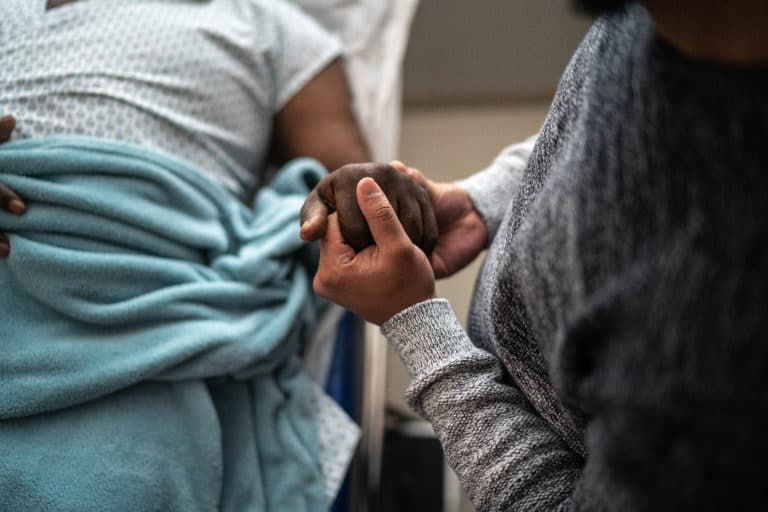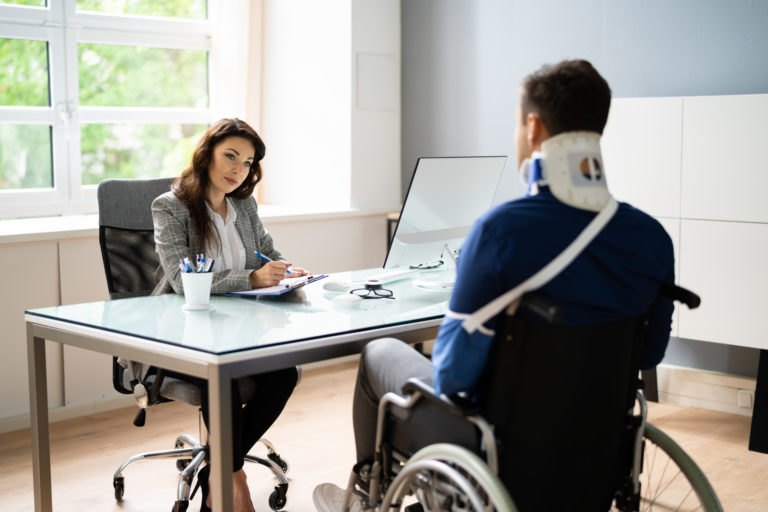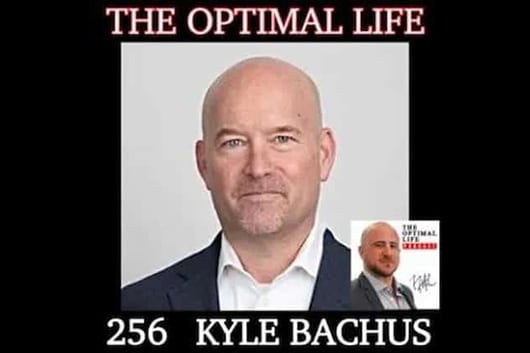When Hope Flickers: Rebuilding Lives After Catastrophic Injuries

Imagine your life suddenly altered by a car crash, a workplace accident, or medical negligence. Injuries in such extreme events can lead to severe physical and emotional trauma. The impact of these injuries goes way beyond just the physical pain. It can also affect your emotional well-being, relationships, financial stability, and the ability to participate in activities you once took for granted.
These are what we call catastrophic injuries. A catastrophic injury can not only cause bodily damage but also hinder the dreams, plans, and sense of normalcy you once had. However, there is always hope, and the ability to rebuild our lives after horrible tragedies is a testament to the strength of the human spirit. Here, we will explore that process and explain how an experienced legal advocate can be a lifeline in such situations.
What is a catastrophic injury?
A catastrophic injury is a life-altering injury often resulting from a serious accident, like a car accident. These injuries are usually permanent and can include things like amputation, traumatic brain injury, loss of sight, severe burns, organ damage, and more.
The path to recovery
Every injury is different, and your path to recovery will probably look different than anyone else’s. However, one thing is always true: knowledge is a powerful tool. Kyle Bachus’ book “Unthinkable: Answers to Families Confronting Catastrophic Injuries” delves into the many challenges individuals and families face after a catastrophic injury. From understanding your legal rights to dealing with the emotional toll it can take, “Unthinkable” will help guide and inspire you through the process.
Coping with and healing from catastrophic injuries
You will likely find your emotional well-being is affected just as much, if not more, than your physical well-being after a catastrophic injury. As mental health experts state, “There’s no right or wrong way to feel.” However, finding ways to cope with these feelings is crucial to your recovery.
- Keep things positive: Try to listen to and read mostly positive information. This can include motivational or educational material. Try to stay away from the news, especially when you’re feeling your most vulnerable.
- Get plenty of sleep: Sleep is a natural healer, and many people struggle with it after a catastrophe. However, there are some things you can do to increase your chances of falling and staying asleep. For example, turn off your TV and other electronics before bed.
- Eat a healthy diet: Nutrition is known to be good for the body, but it’s also good for the mind. Studies show that getting the proper vitamins and minerals on a daily basis is one of the most important factors in healthy neurological functions.
- Ask for help: Don’t be afraid or embarrassed to ask for help. It’s normal to have some depression and stress after a catastrophic injury, but support is available to help you cope. Start by talking to trusted friends and family members, but get professional help if your symptoms don’t subside.
Filing a catastrophic injury lawsuit
If you decide to file a catastrophic injury lawsuit, you should start by seeking legal representation. The next steps involve gathering comprehensive evidence, such as medical records, accident reports, and expert opinions.
Your attorney will then probably seek the expertise of expert witnesses. Their specialized knowledge and professional insights can provide an objective view of your case. Your attorney might use experts who shed light on the extent of your injuries, their impact on your life, and the long-term effects these injuries might have.
What type of settlement should you expect?
A structured settlement is a common type of compensation in a catastrophic injury case. This is an organized agreement that provides periodic payments tailored to your situation.
Structured settlements are a way to ensure a “steady stream of income for a period of time.” Instead of receiving one lump sum, you’ll receive payments spread out over time.
The other option is a lump-sum payment. Lump-sum payments are usually made when the amount is smaller, or the treatment for the injury has ended.
Which settlement is best for you depends on your circumstances.
When to hire an attorney

Rebuilding a life affected by a catastrophic injury can seem daunting, but it’s not impossible. It requires determination, support, and professional guidance. Understanding your rights and getting legal counsel is an important aspect of the journey. Your expenses will start mounting quickly, so it’s crucial you find out how to receive the compensation you need. That’s where Bachus & Schanker comes in.
Bachus & Schanker has a team dedicated to helping the victims of catastrophic injury navigate the legal landscape of their cases. With our extensive knowledge and compassionate approach, our goal is to alleviate your burdens and empower you to rebuild your life. The extensive work that goes into such a complex legal situation should not hinder your path to recovery.
If you’re on the path to rebuilding your life after a catastrophic injury, you don’t have to do it alone. Contact our catastrophic injury lawyers today for a free consultation. Let us help you explore your options, secure your rights, and get the justice you deserve.
Citations:
Bieber, C., J.D. (2023). What is a Catastrophic Injury?
Coping Tips for Traumatic Events and Disasters. (2023).
Grajek, M., et. al. (2022). Nutrition and mental health: A review of current knowledge about the impact of diet on mental health.





